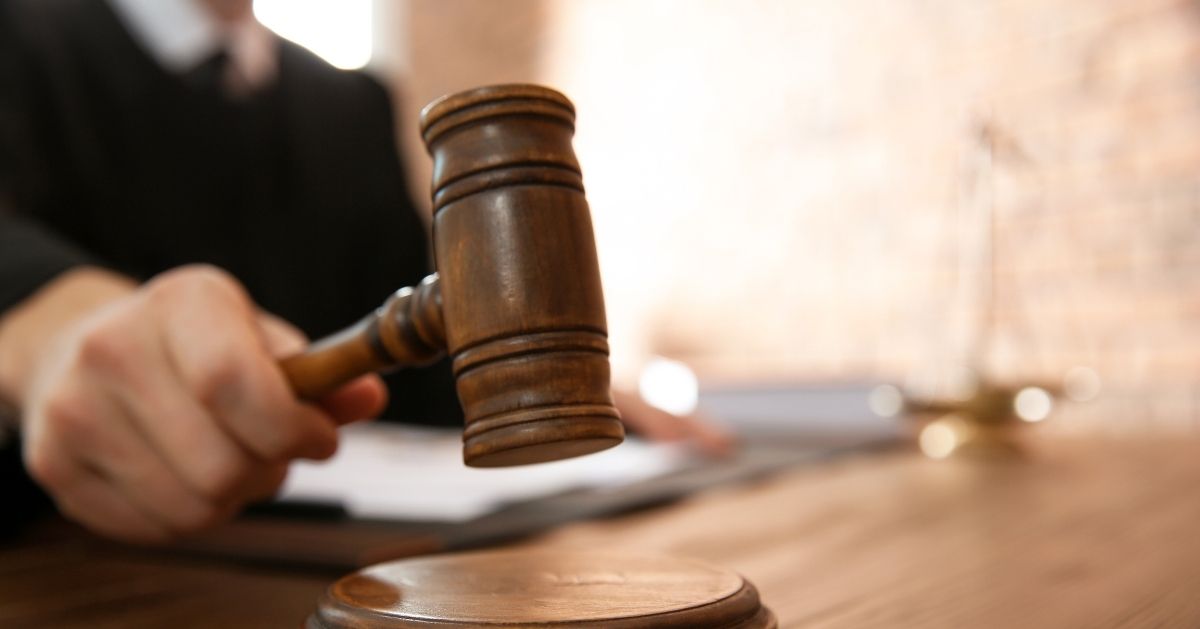Justice Kavanaugh warns 'creative' prosecutors, like Special Counsel Smith, will use 'vague' criminal statutes to go after presidents if no immunity
The Supreme Court on Thursday heard oral arguments on former President Donald Trump's immunity from prosecution claim, and it did not go especially well for Special Counsel Jack Smith at certain points in the proceeding.
Justice Brett Kavanaugh seemed to take a subtle shot at Smith when he raised the prospect of a "creative prosecutor" using a "vague statute" to go after a former president without immunity over otherwise normal "presidential activities," CNN reported.
That was just one of the multiple signals sent by several of the justices that, while they were unlikely to affirm Trump's claim of absolute immunity, they were also not prepared to say Trump had no immunity whatsoever, and the case will almost certainly be delayed further while the lower courts figure out the limits of partial immunity for former presidents.
Kavanaugh and Alito call out Smith's "vague" criminal charges against Trump
The Hill reported that Justice Kavanaugh's remarks came in the context of the "annoyance" that he and Justice Samuel Alito appeared to express toward the "vague" statutes underlying the criminal charges that Special Counsel Smith has pressed against former President Trump over his alleged efforts to "defraud" and "obstruct" the results of the 2020 election.
The Supreme Court just recently heard arguments in a case involving the Justice Department's overbroad and unprecedented use of 18 U.S.C. § 1512(c) as an "obstruction" charge against hundreds of Jan. 6 Capitol riot defendants, and that same statute supports two of Smith's four election-related criminal charges against Trump -- and those arguments did not go particularly well for the government.
The other of Smith's charges against Trump stems from 18 U.S.C. § 371, which states: "If two or more persons conspire either to commit any offense against the United States, or to defraud the United States, or any agency thereof in any manner or for any purpose, and one or more of such persons do any act to effect the object of the conspiracy, each shall be fined under this title or imprisoned not more than five years, or both."
Kavanaugh said, "The problem is the vague statute, you know, obstruction and 371, conspiracy to defraud the United States, can be used against a lot of presidential activities historically with a -- a creative prosecutor who wants to go after a president."
Alito also pointed out that § 371 is "unlike most other fraud provisions," and asked, "I don’t want to dispute the particular application of that, of 371, conspiracy to defraud the United States, to the particular facts here, but would you not agree that that is a peculiarly open-ended statutory prohibition?"
No presidential immunity will lead to escalating cycle of partisan prosecutions
That was not the only key moment for Justice Kavanaugh, however, as Politico reported that he also raised concerns that a lack of any immunity for former presidents would spawn an escalating cycle of politicized investigations and prosecutions, such as occurred during the era of the unaccountable "independent counsel" that has since been replaced by the more manageable "special counsel" for high-level investigations and prosecutions.
"It’s going to cycle back and be used against the current president or the next president and the next president and the next president after that," Kavanaugh warned.
According to The Hill, he added, "This case has huge implications for the presidency, for the future of the presidency, for the future of the country, in my view."
Lack of immunity will result in presidents issuing a "self-pardon" on their way out
Justice Alito also had a few highlight moments of his own, including during a discussion of how future presidents might try to proactively protect themselves in the absence of any immunity from prosecution following their presidency.
Politico noted that Alito raised the prospect of a future president being incentivized to appoint an attorney general who could preemptively cover any potential unlawful activities with official legal opinions, not to mention issuing a "self-pardon" before leaving office to hedge against possible partisan investigations and prosecutions.
He hit the nail on the head when he asked, according to The Hill, "If an incumbent who loses a very close, hotly contested election knows that a real possibility after leaving office is not that the president is going to be able to go off into a peaceful retirement but that the president may be criminally prosecuted by a bitter political opponent, will that not lead us into a cycle that destabilizes the functioning of our country as a democracy?"






